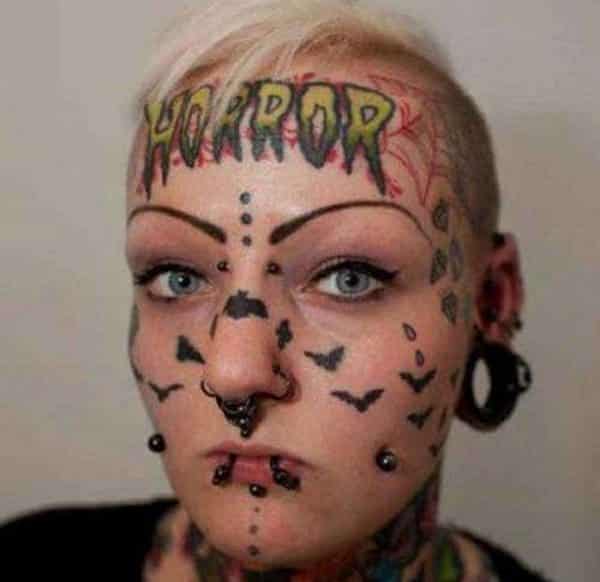EP 51 of the ANDIKA BULLETin
New Bitcoin RECORD Price! Records are made to be Broken!
As society has reduced or eliminated the social construct related to being a child, we are seeing the consequences into adulthood.

Back in the era known as pre-idiocy, boundaries were applied to behaviour and children learned that there are good and bad consequences related to their actions.
Good parents sought to teach their children right from wrong and how civil society has expectations of how one should behave.
Naturally, some of those expectations change over time as we learn more and build upon that lived experience. That's how we progress.
However, in recent decades we have seen the virtual abandonment of some cherished principles that have provided the preparation for adulthood.
There no longer seems any right and wrong, more an indulgence of what's good for you is ok and the rest of us must adapt.
Let me give you one personal perspective.
Tattoos. I am not a fan. Sure there is artistry in the inking but what was once the marking of sailors, soldiers and bikers, has now become a right of passage for many young people.
These markings have crept out from under the clothing to emerge on almost every part of the body including necks, faces and even eyeballs. It might make the young feel empowered or tough on the bloom of their young adulthood, but they will have long term implications.
As an employer, I wouldn't hire someone with face tattoos. I am sure others would feel differently but many might feel as I do. That limits the career prospects for anyone with an inky visage.

When (and how) did it suddenly became so acceptable for people to do this to themselves and expect the rest of us not to render judgment?
I guess if children have been raised to do whatever they like, or to be excused for making poor decisions then eventually that mindset travels with them into adulthood.
That helps explain why so many adults today are effectively infantilised.
Like children, they have an excuse for everything that they do wrong and can justify blaming others for their own decisions. When the going gets too tough, they retreat into the safe space of 'mental health' or claim some disorder to protect them from consequences.
We see similar results in the spate of claims of bullying and harassment.
It used to be that children were bullied while adults had learned to be more resilient and how to actually stand up for themselves.
Now, I am confidant what once was simply a talking to about behaviour or expectations is verboten. Making someone uncomfortable (usually with a few home truths) is labelled bullying while asking more than one can lead to accusations of harassment.
That's not to downplay the significance of genuine complaints, but the current standard of justification is set rather low.
A couple of years ago, some MPs complained of being bullied over a leadership tussle in the coalition. I thought those claims were self-serving and weak then. It's no coincidence that some of those those complainants have been left wanting when asked to perform higher duties.
Some people just cannot handle pressure, which is a product of not learning the important lessons through childhood.
Life has never been easy. It is filled with challenge and difficulty. Learning to overcome those difficulties are some of the most important lessons we can take into adulthood.
That's not to say that we'll be able to cope with anything that comes our way because that won't always be the case.
However, if we don't catastrophise every little challenge the new adults in our society will be much better equipped to deal with the larger ones.